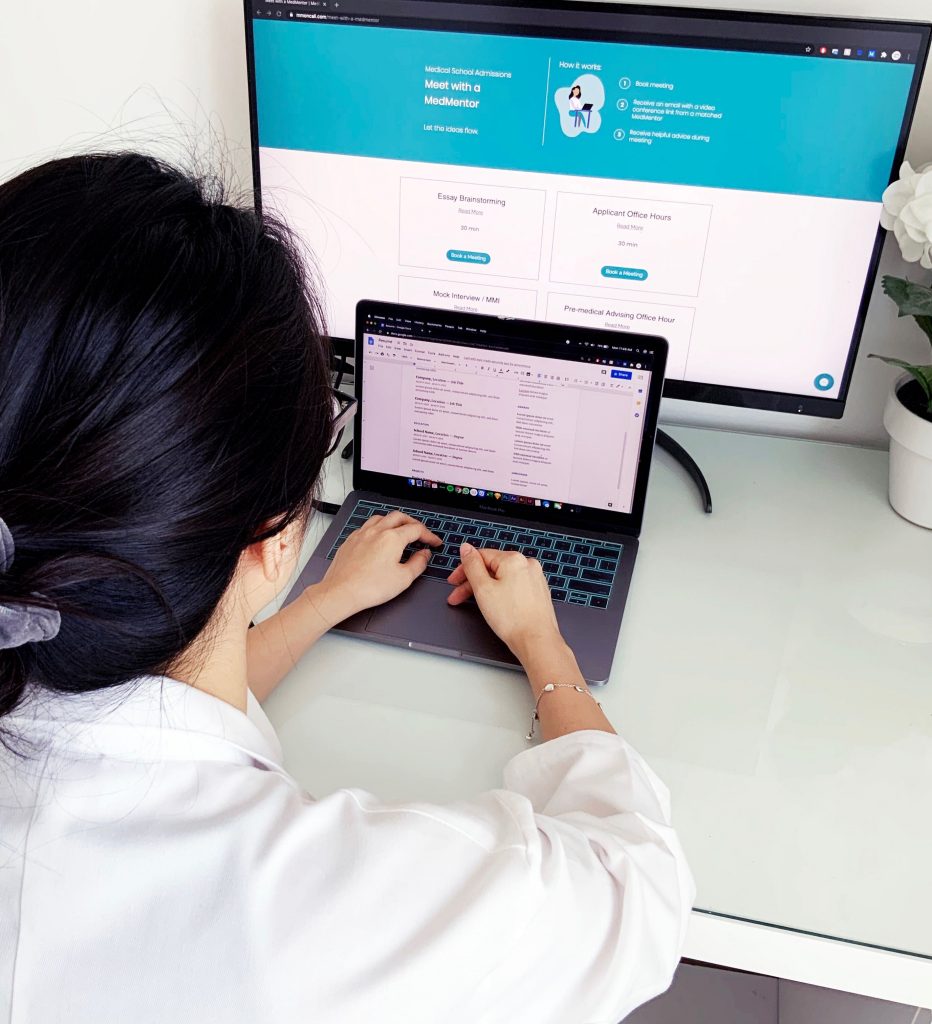As a child of first-generation immigrants, Teri Lam, ’17, did not know any physicians or medical students to connect with. Now, by co-founding MedMentors On Call, she aims to connect students in similar positions.
MedMentors On Call is an organization aimed at connecting the medical community by offering services from current medical students such as essay polishing, mock interviews, individualized office hours and more. Lam said stories like hers are not rare, and she is motivated to ensure guidance for medical school applicants.
“I have always sought for a community of peers who can encourage and motivate me along my career,” Lam wrote in an email. “At Binghamton [University], I found that the study resources and mentors who have trekked a similar road were invaluable to my professional and personal growth. In building this company with my co-founder, our mission was to create a platform of guidance and connect premedical students with current medical students with the goal of strengthening the health community.”
In addition to such services, MedMentors On Call has launched a seminar series that offers advice about the medical school application process to a larger, national audience. Lam said this has been especially helpful for students because it emphasizes teamwork in the premedical journey which is often perceived as a path one must take alone.
“It’s hard to find ways to distinguish oneself among other premedical students and sometimes, it’s even more difficult finding mentors,” Lam said. “My partner, Sharon [Lam] and I started MedMentors On Call so that students can receive help from current medical students who have recently undergone the medical school process, and, together, we can create a community of professionals helping each other.”
Madison Pellnat, a junior majoring in integrative neuroscience, said she has felt this lack of solidarity within BU’s premedical community.
“I am honored to be able to pursue the premed track at [BU], however, at times it has been an unorganized and difficult field of study,” Pellnat said. “There is a whole narrative for premed students that professors have to ‘get rid of the weak’ by making classes so hard that only some get good enough grades for medical school. I find that this outlook really rules out a lot of great and hardworking students and, instead of providing them with the correct tools to utilize to do well in their classes, oftentimes the students are left behind feeling inadequate.”
Pellnat believes that MedMentors On Call would be helpful for all premedical students.
“Oftentimes we spend so much time studying, that it is difficult to seek out these opportunities on our own,” Pellnat said. “Furthermore, there are rarely any occasions in which we could candidly talk to doctors about their experiences throughout undergraduate and medical school, which could be immensely inspiring to young premed students. I believe that forming this relationship can strengthen connections for future job opportunities and career advice.”
By helping students find their voices, Lam said she hopes that students will gain insight into medical school and see medical school as a clear, attainable goal.
“Premedical students volunteer at clinics for countless hours, conduct research even on the weekends and study all night for exams,” Lam wrote. “All of this boils down to an application, so these few essays must represent who they are as a person, what their motivation for medicine is and what they foresee their future may be like. This is hefty job. With our guidance, we hope that we are able to guide students to dig deeper into the sources of their values and motivation and write something that they are proud of. Confidence will come along with it.”



